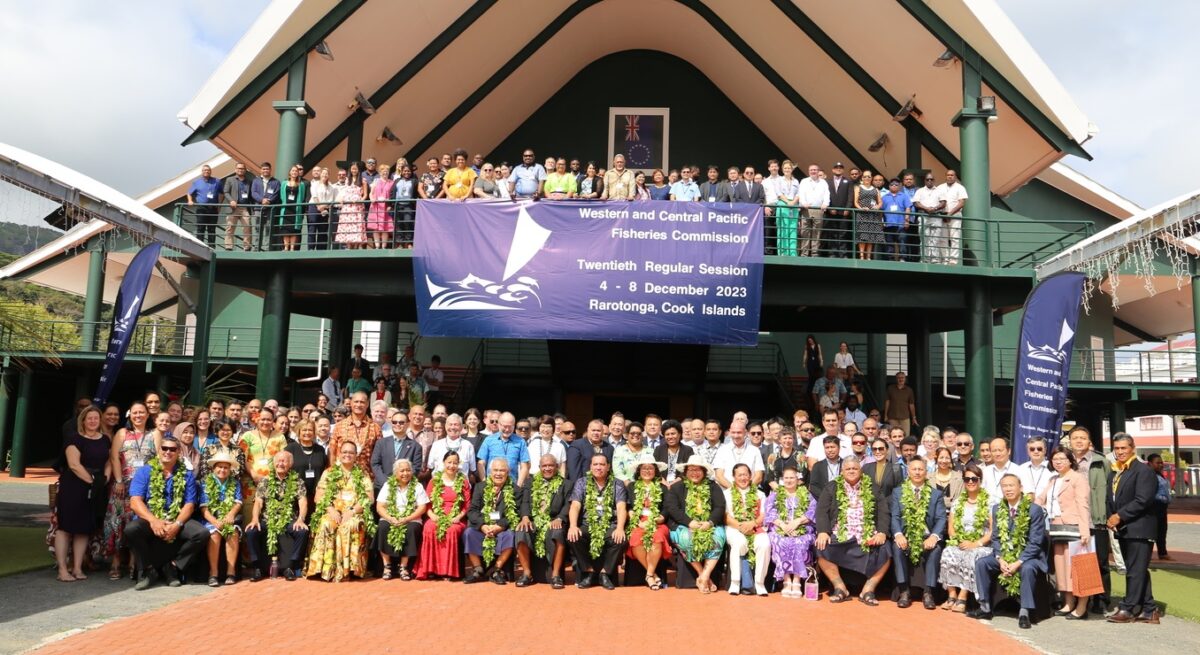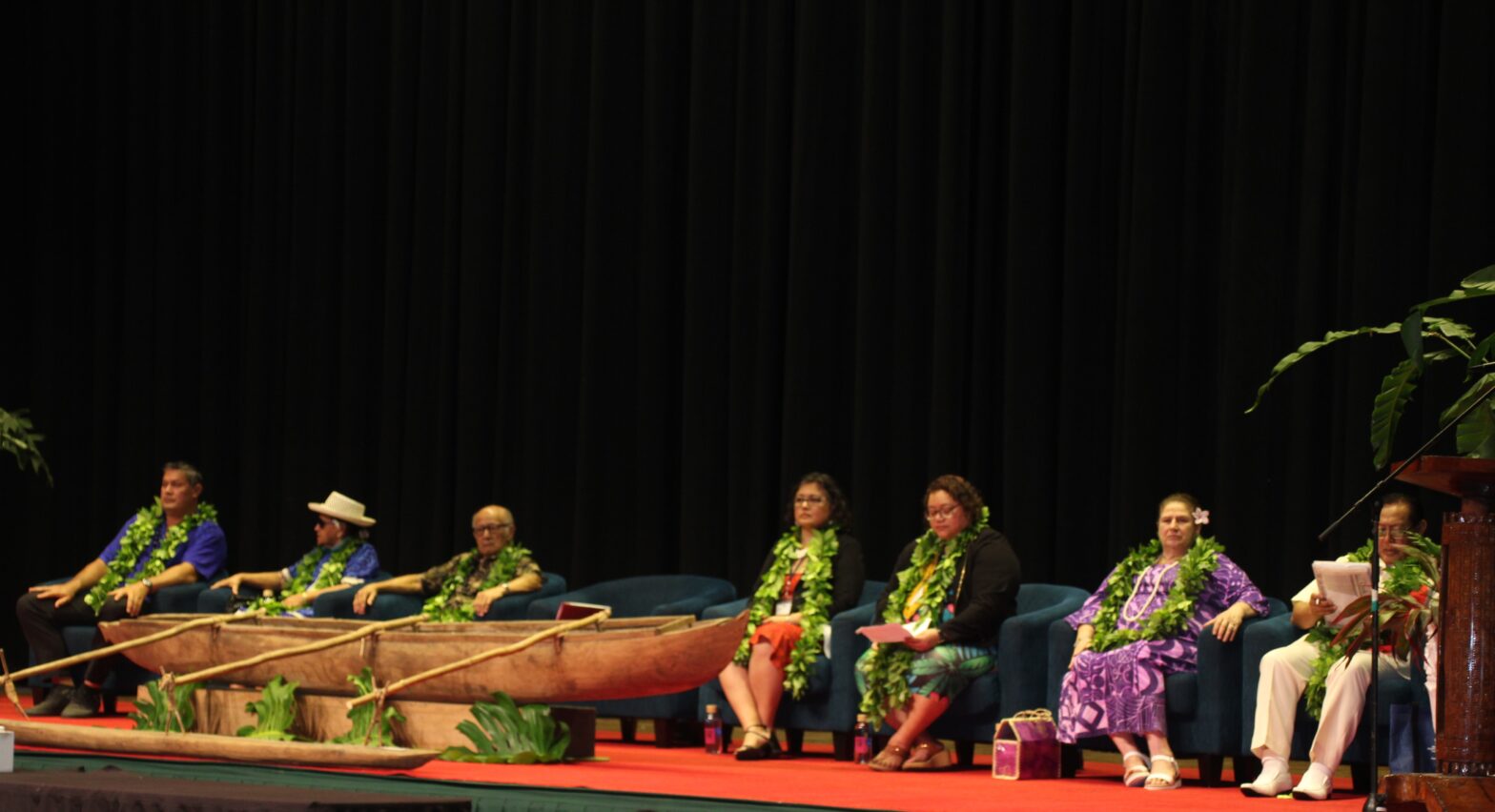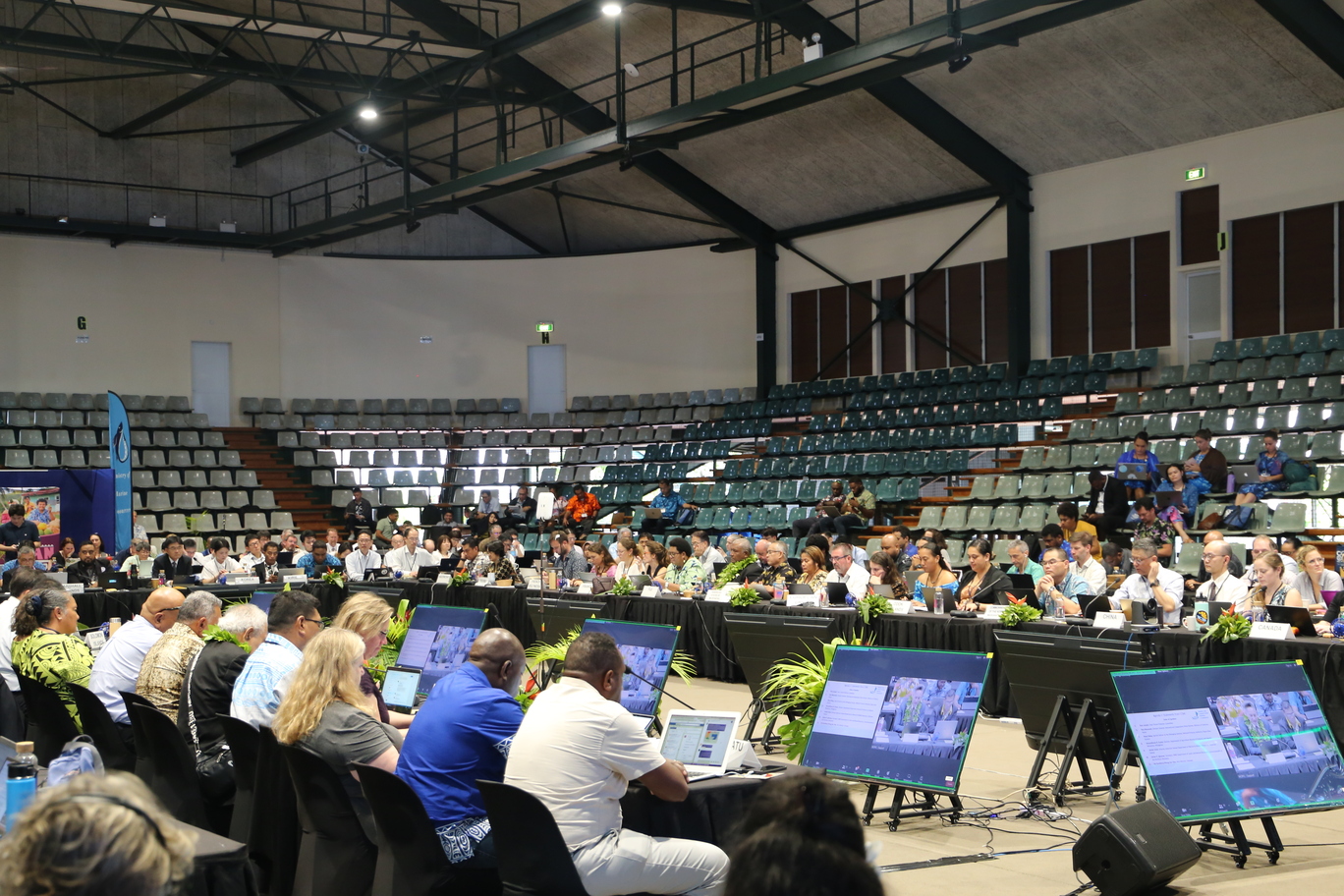Civil society organisations remain hopeful and optimistic that the outcomes of the 20th session of the Western and Central Pacific Fishing Commission (WCPFC) in Rarotonga, Cook Islands would include measures that would curb regional challenges such illegal, unreported and unregulated fishing.
WWF Pacific Western and Central Pacific Tuna Programme manager, Bubba Cook said discussions since the first day included the crew welfare measure to ensure the safety and security of crew working on board fishing vessels as well as the tuna transshipment measure to addresses illegal, unreported and unregulated fishing across the Pacific.
The CSO’s attending the meeting as observers issued several recommendations to the WCPFC.
Because of the environmental impact of Fish Aggregating Devices (FADs) on coastal communities and small-scale fisheries, CSO have recommended enhanced marking and tracking of Fish Aggregating Devices (FADs) including research on non-entangling and biodegradable FAD materials and monitoring of non-entangling FADs to mitigate ecological damage.
As incidents affecting the security, safety, and well-being of both crew and observers continue to persist, CSOs are urging the implementation of binding measures for crew welfare, mandatory reporting of incidents, and transparency in investigations into human rights violations.
They also want greater observer coverage, increasing the monitoring of longline vessels through human observers or electronic means to ensure compliance with regulations and sustainable practices.
The CSOs wish has also called for a ban of at-sea transshipments, real-time reporting for all transshipment activities, and 100 percent observer coverage to address potential illicit activities.
Delegates also stressed the urgent need for the implementation of harvest strategies for all tuna species. The move is deemed crucial for ensuring the long-term sustainability of fisheries and maintaining market access.
Cook said there have been discussions on some of the issues, some in closed sessions but most things on the agenda of the WCPFC meeting were positive.
“I would always like to see those move faster but I also recognise that, we have a lot of different countries around the table, a lot of different interests around the table.
“And as a consensus process, this, this process is just simply not designed to move quickly. As NGOs, that’s often our frustration, we think that human and labor rights should be an absolute priority, and it should be addressed yesterday. And while it’s frustrating that it’s taken so long to get to the point that we’re talking about conservation and management measure for crew welfare and labor, it is an absolute positive and that we are the only our FMO on the planet right now that is actually talking about it, said Cook.




